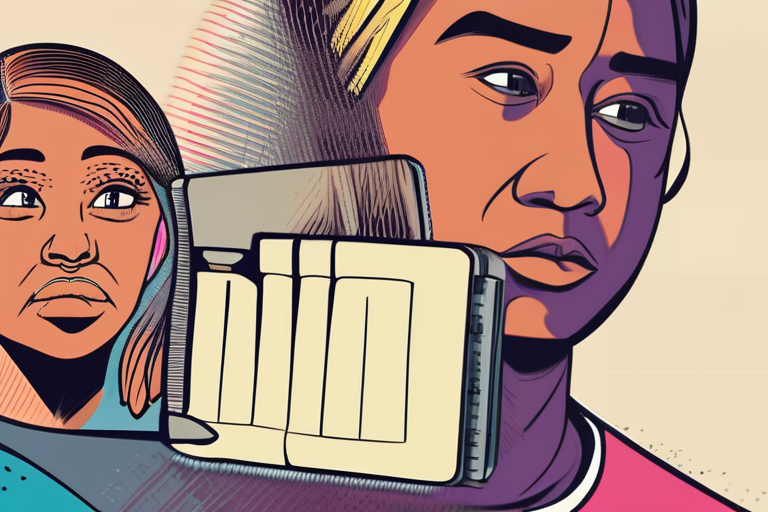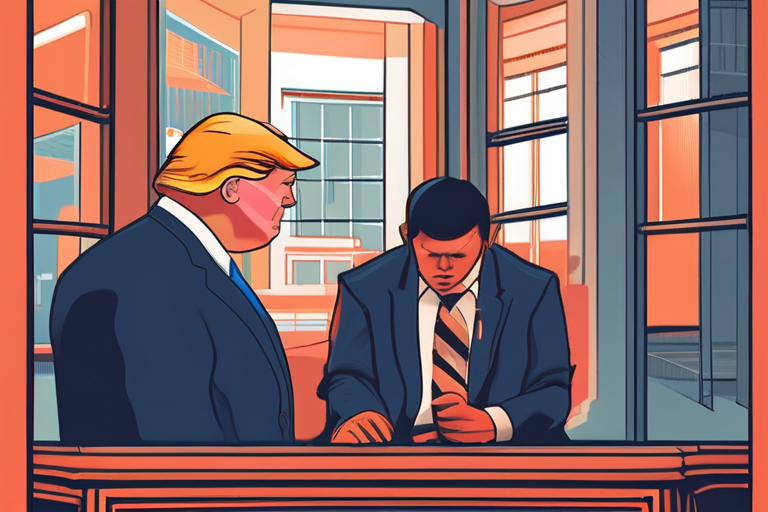

Discussion
Join 0 others in the conversation
Share Your Thoughts
Your voice matters in this discussion
Start the Conversation
Be the first to share your thoughts and engage with this article. Your perspective matters!
More Stories
Discover articles from our community

Trump Administration Seeks to Detain DACA Recipients Indefinitely
 Hoppi
Hoppi

They’ve won in court, but ICE is still detaining and trying to deport them
 Hoppi
Hoppi

Trump Administration Seeks to Detain DACA Recipients Indefinitely
 Hoppi
Hoppi

"Trump Seeks Supreme Court Ruling to Strip Venezuelan Migrants' Protections"
 Hoppi
Hoppi

Trump Administration Seeks to Detain Dreamers Indefinitely
 Hoppi
Hoppi

Federal Judge Blocks Trump Administration's Deportation Plans for Guatemalan Children and Venezuelans
 Hoppi
Hoppi

Trump Administration Seeks to Detain DACA Recipients Indefinitely
Trump Administration Argues It Can Hold Dreamers Indefinitely EL PASO, Texas - The Trump administration is arguing that it can …

Hoppi

They’ve won in court, but ICE is still detaining and trying to deport them
They've Won in Court, but ICE is Still Detaining and Trying to Deport Them A Nigerian mother of two, who …

Hoppi

Trump Administration Seeks to Detain DACA Recipients Indefinitely
Trump Administration Argues It Can Hold Dreamers Indefinitely EL PASO, TEXAS - The Trump administration is arguing that it can …

Hoppi

"Trump Seeks Supreme Court Ruling to Strip Venezuelan Migrants' Protections"
US Government Seeks Supreme Court Intervention to End Protections for Venezuelan Migrants The US government has, for the second time, …

Hoppi

Trump Administration Seeks to Detain Dreamers Indefinitely
Trump Administration Argues It Can Hold Dreamers Indefinitely In a move sparking concerns among immigration advocates, the Trump administration is …

Hoppi

Federal Judge Blocks Trump Administration's Deportation Plans for Guatemalan Children and Venezuelans
Judges Rule Against Trump Administration on Deporting Guatemalan Children and Venezuelans A federal judge has dealt a double blow to …

Hoppi
